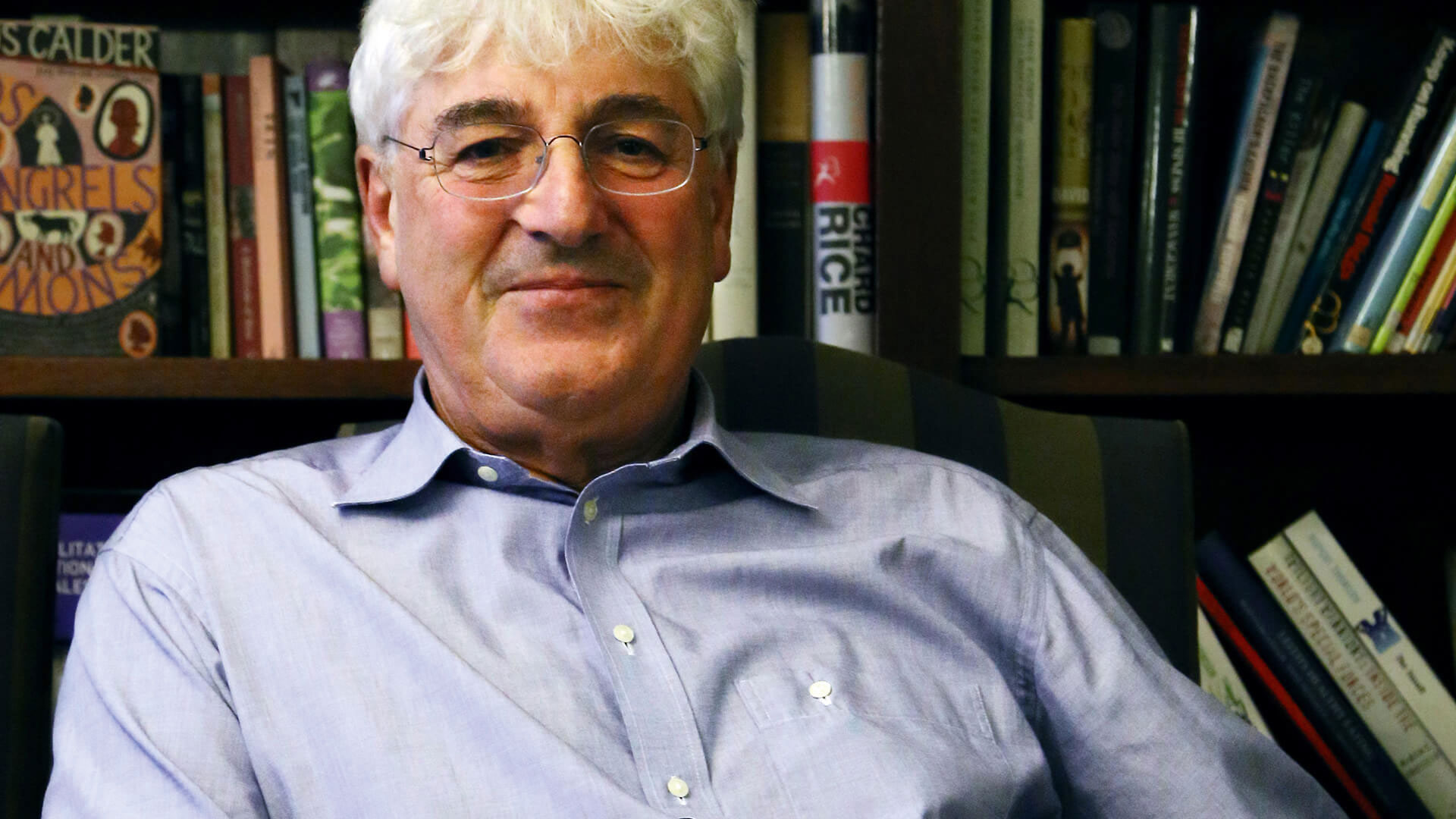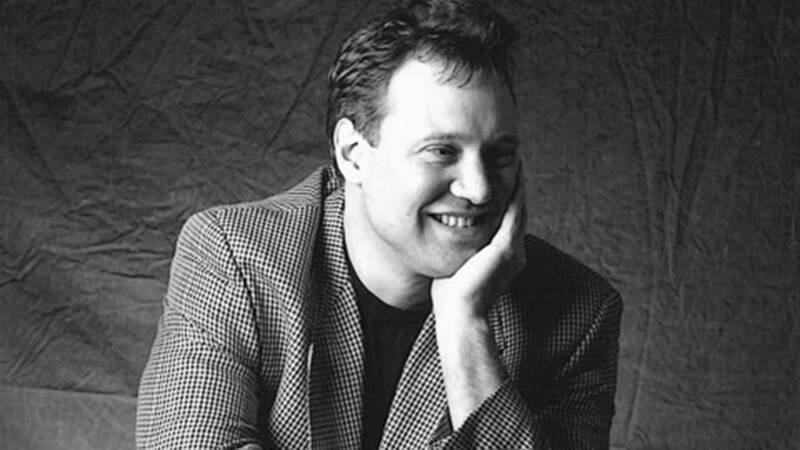You are viewing your 1 free article this month. Login to read more articles.
My Back Pages review
Why the hell would anyone want to read Richard Charkin’s publishing memoir, My Back Pages?
Why the hell would anyone want to read Richard Charkin’s publishing memoir, My Back Pages? This kind of thing is usually written by editors whose vanity has for years been frustrated by the enforced anonymity of their position. On retirement they seize the opportunity to jump out from behind their authors and tell the public who the real star is. Charkin was never much of an editor. Aside from the small number of titles he now publishes through his Mensch imprint, his greatest claim to editorial fame was The Anatomy of the Dromedary which produced record breaking sales for Oxford University Press – but not in a good way. Charkin was a manager, not an editor. But what a manager!
That’s the reason why you should read My Back Pages. It is a reminder that the business side of publishing actually matters. In fact it should be required reading for all those graduates who find themselves washing around the publishing world looking for jobs with the prefix “assistant”. If they get a job today it is not so much because someone sniffed the potential of a literary giant in a comb-bound manuscript. It is because someone like Richard Charkin found a way of making the publishing business compelling for the shareholders who put up the money for the show.
This is the first lesson for a young publisher coming out of Charkin’s book. Look at who is running the business you work for. Some of them have been in more or less the same position for more than 30 years. Do you trust them with your career? If not you must agitate for change
His big career break came in the early 1980s when Oxford University Press was on the verge of bankruptcy. It had been caught between the rising costs, flattening sales, and the sense among staff that their department could afford to lose money because of the mythical profitability of some other department. Rather than call in management consultants, the executive committee approached Charkin, who was at that stage a medical editor and leader of a gang of Young Turks at the press agitating for change. They told him to consult with his colleagues and come up with a plan. He was given a budget of £5 to dine people on sandwiches from Oxford’s Covered Market. The plan involved cutting fat and introducing greater financial accountability. I think 6,000 people now have a job at OUP today because of it.
This is the first lesson for a young publisher coming out of Charkin’s book. Look at who is running the business you work for. Some of them have been in more or less the same position for more than 30 years. Do you trust them with your career? If not you must agitate for change.
The next lesson is a much tougher one. Charkin went from OUP to Reed International. The company had massively overpaid Paul Hamlyn for his Octopus Publishing Group and wanted to see profits increase by 15% every year. Delivering on this turned Reed into an industry pariah and Charkin into a hate figure. The company pulled out of the Net Book Agreement and (temporarily) the Publishers Association. It took back as many paperback rights as it could from other publishers. Worst of all it closed down Bookwise Extra without accepting the liabilities to the publishers who stocked it. It was tough and bloody work, but it was ultimately unsuccessful. In the end the business was an unsaleable mess which Reed had to break into pieces in order to exit.
Reading between the lines Charkin is aware that he was not great as a trade publisher, although it is clear that Reed the real problem was the corporate culture. Charkin’s boss at Reed, Ian Irvine raved about how the profits of consumer book publishing added up to “the square root of bugger all”, but never questioned the extraordinary extravagance of Reed at the holding company level. Irvine had a chauffeur-driven Bentley to take him to work and indeed so many other executives enjoyed similar perks that there was a drivers’ waiting room at Reed HQ to house them all.
The takeaway from this period of Charkin’s career is the need for corporate values other than profits. Reed lacked that. The pressure the company put on staff to deliver results eventually cost the business hundreds of millions of pounds as a result of inflated circulation figures at the Official Airline Guides division.
From Reed Charkin went on to the Current Science Group, Macmillan, then Bloomsbury, where he built hugely successful businesses largely on the academic side. He doesn’t present himself as a publishing genius however. Rather he comes across as someone with infectious enthusiasm, bundles of energy and most of all a love of the people he worked with.
This takes us to the other reason why readers of The Bookseller should buy My Back Pages. If you have ever met Charkin, it is likely that you are mentioned in the book. Spoiler alert: whatever is written is likely to be nice. Despite being an industry hate figure in the early 1990s, Charkin is hopeless at bearing grudges. It is part of being Mensch.
My Back Pages: An Undeniably Personal History of Publishing 1972–2022 by Richard Charkin and Tom Campbell (Marble Hill Publishers, £20).





















